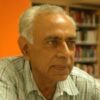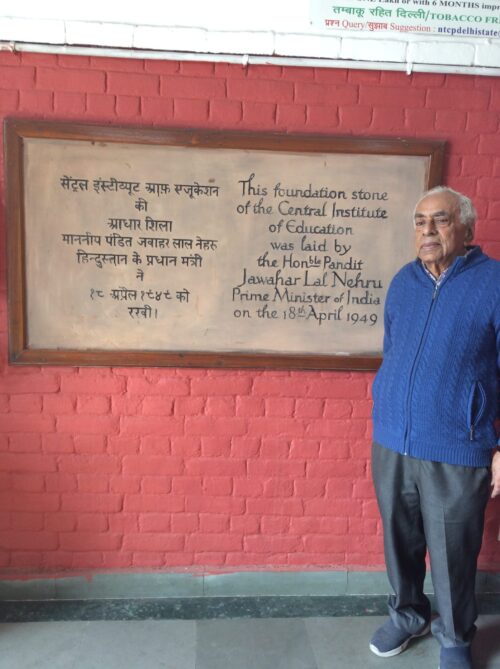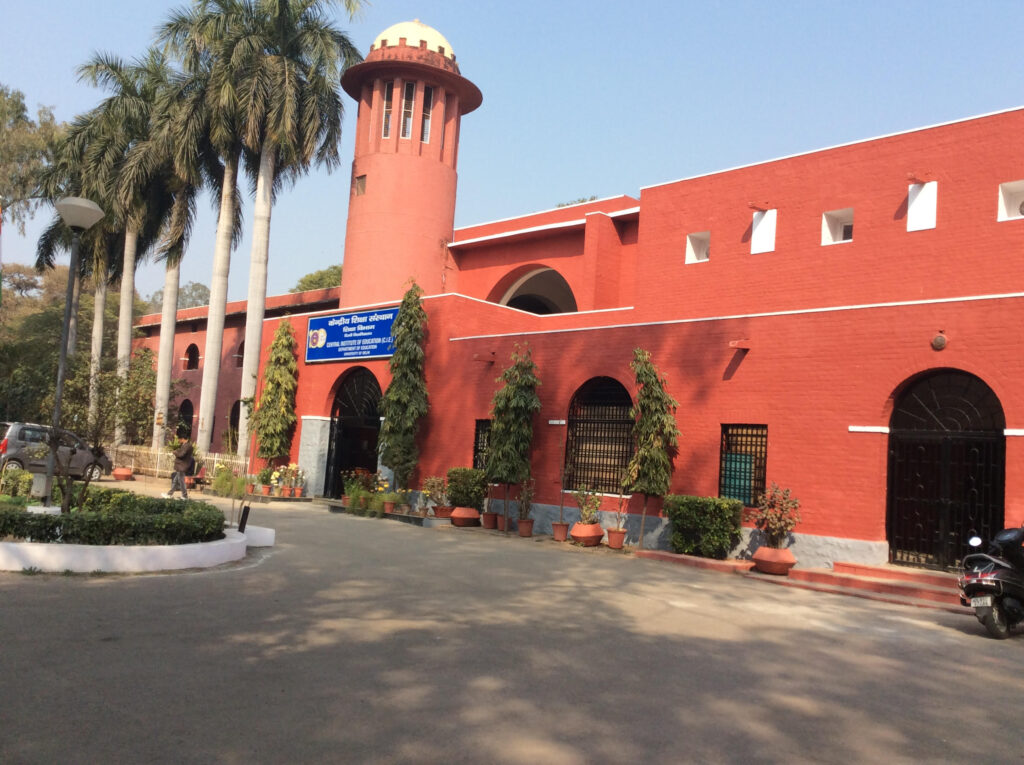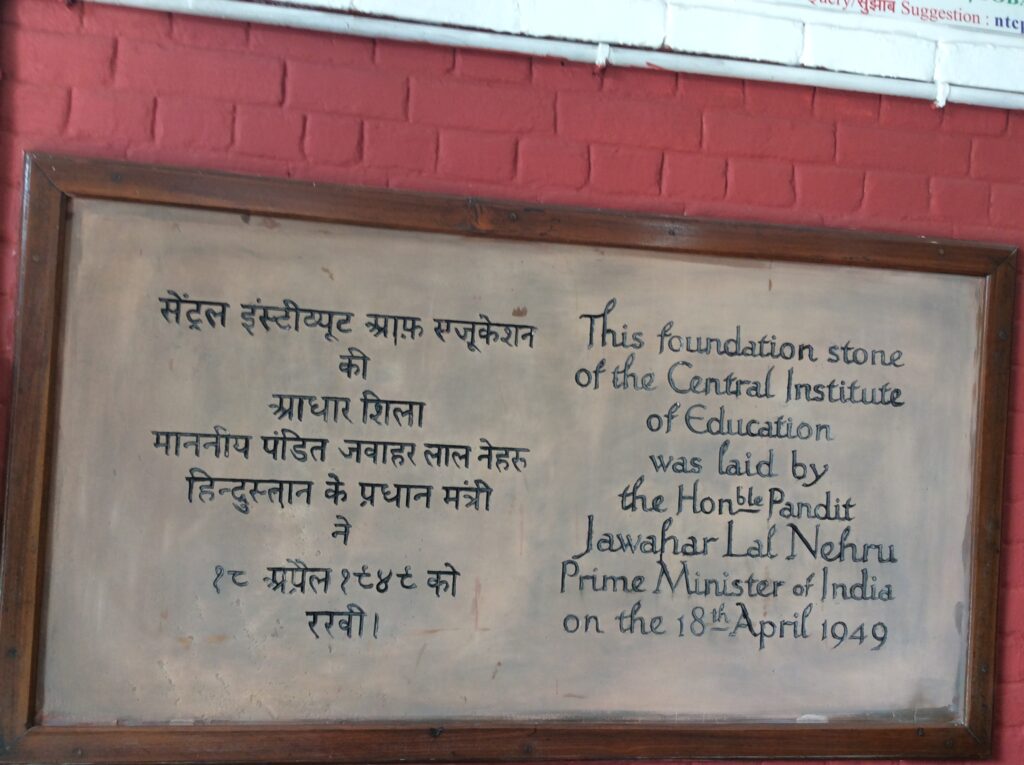Providing Education to Handicapped Students
TRANSCEND MEMBERS, 20 Mar 2023
Dr. Ravi P. Bhatia – TRANSCEND Media Service
It is well known now that education is an essential component of development, both for children and for the society of any country. Mahatma Gandhi contributed to the freedom of India in diverse ways and also in the field of education. He had stressed the role of learning of appropriate skills along with formal education. These skills included simple tasks such as electrical fittings, repair work, housekeeping (for girl students), animal care, etc.
For India now, primary and secondary education has become a fundamental right for both boys and girls up to Class 8 level, although girls lag behind somewhat in comparison to the male children. Modern Education is also required for religious minorities — Muslim, Sikh and Buddhist minorities. Muslim children read Arabic and Quran in their traditional Madrasahs but they also need to learn basic forms of modern education — language (English, Hindi), arithmetic, history etc.
Keeping in view the challenges of all round development of children as well as the society, India has come out with a policy framework known as New Education Policy (NEP). This has tried to integrate modern technology with traditional education in India — learning to operate computers and understanding aspects of AI — Artificial Intelligence. The policy also stresses that schools should be within walking distance from homes of children and should have toilets and drinking water facilities in schools.
Although children of minority religious groups do receive appropriate education at school level in India, one group of children misses out on it: the blind children who for obvious reasons are deprived of schooling, although they may learn to recite religious or other type of poetry. There have been demands from society that they be given basic education that non-blind children receive. How to ensure this demand?
Most educationists are aware of the pioneering work carried out by the American lady Helen Keller (1880-1968) who was herself blind but promoted the rights of people with disabilities including blindness and deafness. She also developed a written language known as Braille for the blind people. She became a well known name for her initiative of promoting the interests of the blind. She had, despite her disabilities, received College level education — BA. In fact she was even nominated for a Nobel Peace Prize in 1953.
As indicated above, most blind children miss out on schooling in India. But some institutions are working for their welfare. One of these is Central Institute of Education — CIE of the University of Delhi. This institute provides education of Bachelors and Masters of Education — B.Ed and M.Ed. courses. Many students are studying for their PhD degrees also.
The Foundation stone of CIE was laid in 1949 by the Indian Prime Minister Jawaharlal Nehru. CIE has a school with classes up to Class 8 within its premises, where it often carries out some new teaching methods developed by it. I often use the Library of CIE that promotes Literacy and Numeracy.
Apart from its different courses for regular students, it provides degree level courses for blind students also. It is a pleasure to speak to some of these handicapped students who are all praise for the institution and its faculty for the blind students. Of course some of these students also receive eye donations and are able to see the world with their own eyes.
All praise to such institutions in Delhi and other places in India.
______________________________________________
 Dr Ravi P Bhatia is a member of the TRANSCEND Network for Peace Development Environment, an educationist, Gandhian scholar and peace researcher. Retired professor, Delhi University. His new book, A Garland of Ideas—Gandhian, Religious, Educational, Environmental was published recently in Delhi. ravipbhatia@gmail.com
Dr Ravi P Bhatia is a member of the TRANSCEND Network for Peace Development Environment, an educationist, Gandhian scholar and peace researcher. Retired professor, Delhi University. His new book, A Garland of Ideas—Gandhian, Religious, Educational, Environmental was published recently in Delhi. ravipbhatia@gmail.com
Tags: Children, Education, Education Policy, India
This article originally appeared on Transcend Media Service (TMS) on 20 Mar 2023.
Anticopyright: Editorials and articles originated on TMS may be freely reprinted, disseminated, translated and used as background material, provided an acknowledgement and link to the source, TMS: Providing Education to Handicapped Students, is included. Thank you.
If you enjoyed this article, please donate to TMS to join the growing list of TMS Supporters.

This work is licensed under a CC BY-NC 4.0 License.


